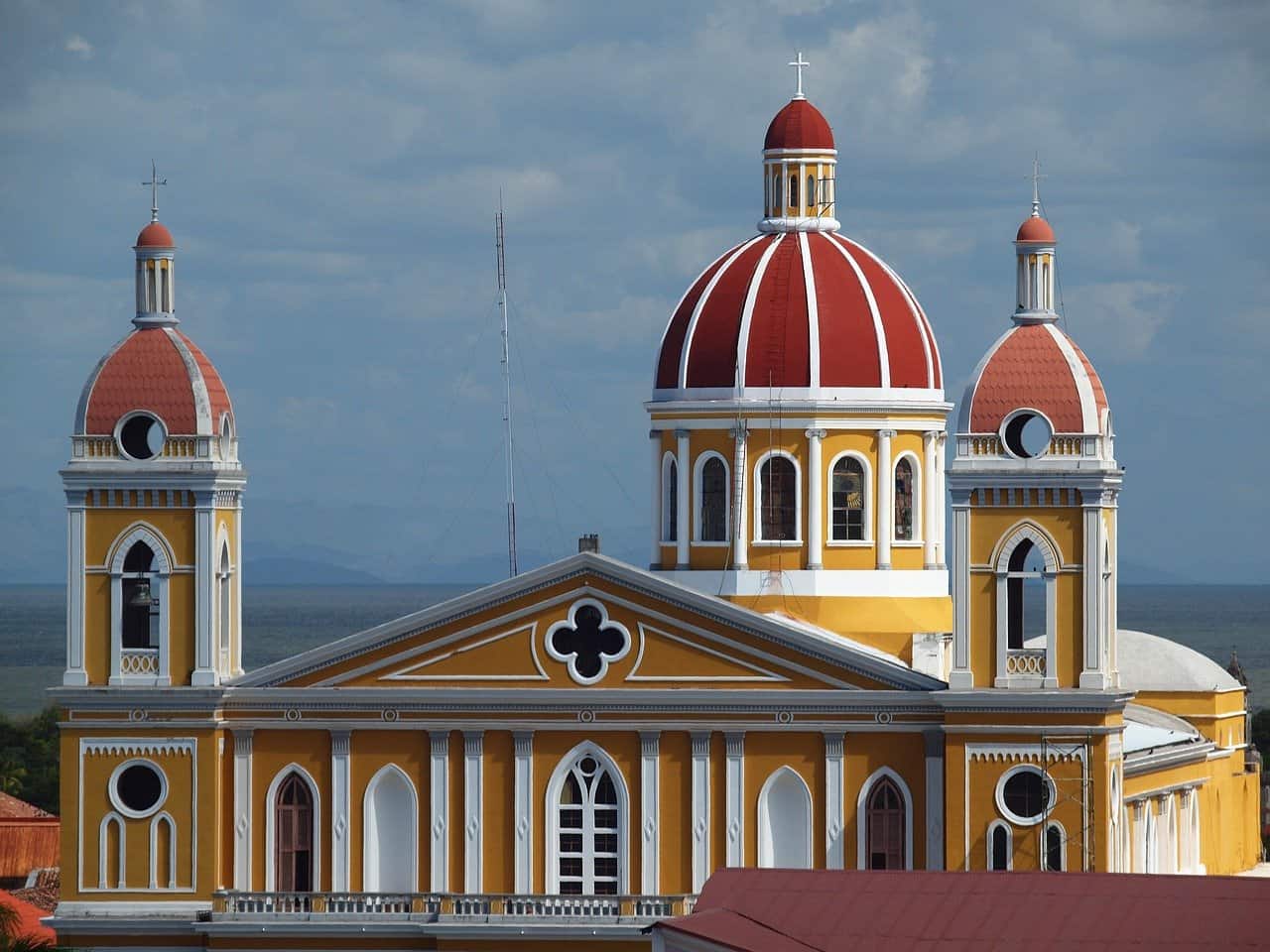Nicaraguan police banned the Catholic Church from holding religious processions in the city of Masaya, for “public safety” reasons, a church source said Saturday.
The Archdiocese of Managua, presided by Cardinal Leopoldo Brenes, announced that the police notified it that “for reasons of public safety, processions will not be allowed during the festivities” of St. Michael the Archangel and St. Jerome, celebrated in Masaya, 30 km southeast of the capital.
The festivity of San Miguel Arcángel takes place on September 29 and that of San Jerónimo, patron saint of the city, on the 30th of the same month and whose celebration extends until November, being one of the most extensive in the country.
In view of the police measure, the Archdiocese which includes the capital city and neighboring cities of Masaya and Carazo invited the devotees and those who promise the patron saints to pay homage to them with faith and devotion in their hearts and with “the strength of the ancestral heritage in their communities.
This is the second time that the police prohibits the Catholic Church from holding a procession. Before it did so on the occasion of the closing of the Marian congress and the end of the pilgrimage of the image of the Virgin of Fatima, last August 13, both in the capital.
The Catholic Church had resumed this year the realization of processions, after two years that it interrupted them due to security measures because of the Covid-19 pandemic.
In 2018, Masaya, was considered a rebel city, for its rejection of forceful measures against demonstrators protesting against a social security reform and which resulted in a demand for the resignation of President Daniel Ortega, in power since 2007.
The prohibition of religious acts on public streets is part of the actions taken by the government against the Catholic Church, which intensified in August with the house arrest of the bishop of the diocese of Matagalpa, Monsignor Rolando Alvarez.
Relations between the clergy and the government have been tense since 2018, when the priests opened the temples to attend injured people in the protests against the government, which left 355 dead and hundreds wounded, according to data from the Inter-American Commission on Human Rights (IACHR).
Ortega, a 76-year-old former guerrilla fighter, accuses the clergy of colluding with his opponents in a failed coup to overthrow him with U.S. support.






